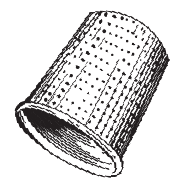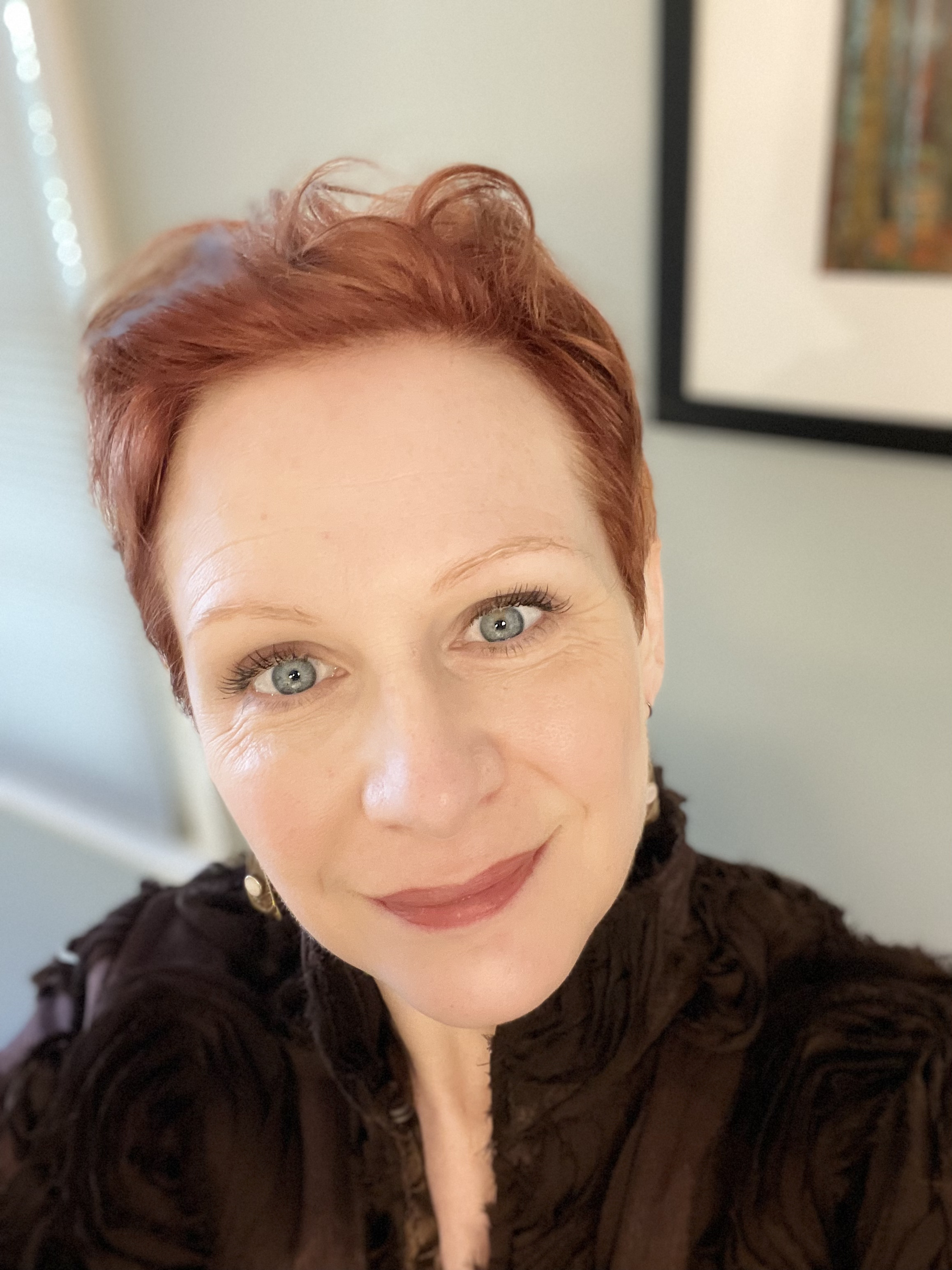For Professor Sikkink
Rickety and gabble-squawked with chickens,
the bus bumps rough across screed pocks
and potholes, veering hairpin turns around cliff
edges. The drop is sheer, heartstopping,
final. Such a plunge that clouds obscure the bottom
like a shroud. On this dust-encrusted road, death and dirt
churn into sepia motes, cover up the people as easily as time.
Each curve contains another cross. And that’s only to get home.
On the bus, hens puff out their feathers, cock heads, then gargle
loose their syncopated squabbles where the track gapes open-
mouthed.
They flap their agitation, then splotch the floor with white. I don’t
know how to pray. I only know my task: to study how the people
masked and danced resistance when the Spanish tried to stifle
local deities with Catholic prayers. Naively, I believed that I could
understand this story. I am wrong. The gods belonging to this place
are tricksters; they’ve colonized the church, shape-changed
into saints who flicker votive candles; deities and martyrs melt
into cohesion. Death, after all, has no opinion on salvation.
My body, on the other hand, is convinced that I will fall.
I grit the turns like kernels in my teeth, my gut a knot. I’m chicken
shit.
In the bus, the women sit, their faces lit with animation, telling tales
around the bends. Calloused, their hands stroke hens, calm and
strong
as Quishuara branches. One perceives my fear, my shortened breath,
and nods in my direction kindly. She passes me a wad of coca leaves,
mimes the act of chewing. I take it, grateful, younger than they’ve
ever
been, take a breath and watch them nest their feathered charges
inside lliqlla shawls, or provide a roost inside a Borsalino hat.
I swallow coca juice and dust, try to parse the swollen throat
of what they’ve lost: how men they loved and married died
of black lung in the silver mines before they reached
their fortieth year, left wives alone with small ones
at the breast. Now, half stay home while others journey
days away to sell their weavings at the market, buy supplies
to feed their altiplano village. Women stroke their chickens
as if children. If a sudden recollection comes to crack the heart,
they leave its broken shell behind them on the road. They know
how to go on. Now, one woman with small stars encised
across her teeth laughs out loud, then adjusts her hen to show us
what the rubbled world keeps giving: among the pecked remains
of corn, stray feathers in her lap, still warm, one perfect oval egg.


